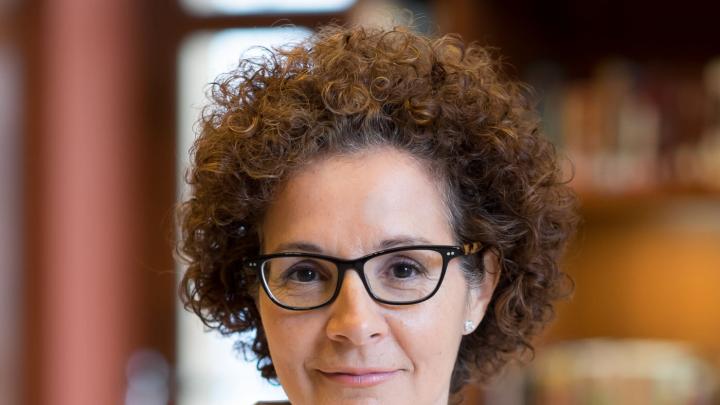Harvard today announced the creation of a new University-wide policy and procedures covering sexual harassment, unwelcome conduct, and gender-based harassment. The changes, overseen by Mia Karvonides, Title IX Officer and director of the Office of Dispute Resolution, seek to bring Harvard policies into compliance with evolving legal requirements as outlined by new federal legislation, 2011 guidance from the U.S. Department of Education’s Office of Civil Rights (OCR), and a cabinet-level task force convened by President Barack Obama. (Title IX refers to the relevant 1972 federal education amendments that prohibit gender discrimination.) As reported in this magazine (see “Addressing Sexual Assaults,” in the current July-August 2014 issue), among the issues the new policy addresses is the use of “the preponderance of evidence” as the standard of proof in adjudicating cases (the 2011 DOE guidance)—rather than the stricter requirement previously used by Harvard College’s Administrative Board that it be “sufficiently persuaded” that a violation occurred. (Almost all Ivy League schools had adopted the “preponderance” standard by this spring.)
“Harvard is deeply committed to fostering an educational environment free of gender-based discrimination, particularly sexual misconduct and sexual violence, to acting vigorously on reports of discrimination and to supporting those who have experienced it,” Harvard president Drew Faust said in a statement. “This new, progressive policy—alongside the new, centralized procedures for investigating reports—will significantly enhance Harvard’s ability to address these incidents when they occur.”
The release of the policy prior to federal approval came as something of a surprise. “[W]e submitted the new policy and procedures to OCR for review in April with the hope of receiving feedback before implementing them,” Karvonides said in an online Q and A. But given the need to have the new policy and procedures fully in place in time for the new academic year, she added, “we couldn’t afford to continue waiting.” Karvonides says that the new policy conforms “not only to Title IX, which bans sex discrimination, but also to Harvard policy and state laws prohibiting discrimination on the basis of sexual orientation or gender identity.”
Accompanying the policy is a guide outlining the new University-wide procedures for handling complaints brought against students. Trained investigators from the newly created Office for Sexual and Gender-Based Dispute Resolution (ODR), who report to the Title IX officer (Karvonides), “will conduct investigations, make findings of fact, determine whether there was a violation of the new policy, determine whether there was a hostile environment, and recommend measures to remedy any hostile environment,” according to a statement.
The policy and initial procedures are University-wide, but each Harvard school will still play a significant role in the disciplinary process involving incidents of sexual assault, discrimination, and harassment: ODR investigative reports will be sent to the disciplinary body of the individual school involved—in the case of the College, for example, to the Administrative Board. Reportedly, each school is working this summer to bring its policies into accord with the new standard by the time students return for 2014-2015 academic year beginning in late August. Karvonides says that Harvard is now working to create a website that will centralize information about all University resources for preventing and reporting instances of sexual and gender-based discrimination.








